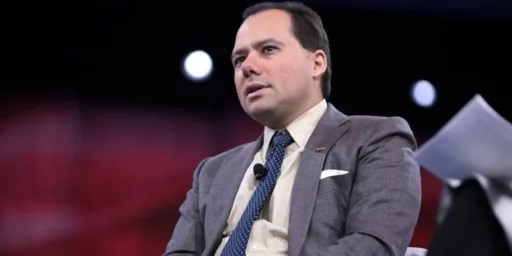Should Bad Acts Survive Into Death?
A suit against a newspaper for not removing an old story about a college football player was tossed.
The evil that men do lives after them. The good is oft interred with their bones. So ruled a judge in tossing out a bizarre case against a school newspaper editor by the father of a former member of the Cal football team:
Assistant U.S. Attorney and judge pro tem Mark Cullers released his decision yesterday relieving defendant and The Daily Californian’s editor in chief and president, Rajesh Srinivasan, of charges of intentional infliction of emotional distress brought against him by Fresno podiatrist Harvey Purtz.
At the Jan. 19 hearing, Purtz argued that the publication of articles describing former Cal football player Chris Purtz’s altercation at a San Francisco adult club was “a major triggering event” in his son’s life that led to a deterioration of his mental state and to emotional distress on his father’s part. However, the court ruled that libel on the memory of a deceased person is not deemed to inflict legal action constituting defamation on surviving relatives.
The court also noted that the Uniform Single Publication Act – which states that the statute of limitations on a publication is determined upon its first distribution to the public – and the maximum two-year statute of limitations for emotional distress claims worked against Purtz’s claim.
While the court duly noted the pain and suffering endured by the loss of Purtz’s son and the issue of the Internet’s ability to perpetually circulate information, Cullers ruled that Srinivasan owed Purtz no money as a result of the case.
Ironically, the lawsuit had just the opposite its intended effect: Calling attention to an incident that happened years ago and was truthfully reported. Indeed, there are precisely three comments on the story in question: All debating whether it should be taken down in light of the subject’s death.
The paper’s policy is reasonable enough: “We would only remove content from our website if it qualified for a retraction, which is reserved for extreme cases where a story is entirely untruthful and which requires approval from our senior editorial board.”
Beyond that, the notion that newspaper stories that reflect negatively on a person should be taken down after they die in order that we only remember the good things is as outrageous as it is absurd. People are the totality of their lives, not just their best and worst moments.
via Jim Romenesko






All of the articles say merely that the son “died in 2010.” Of what? Did he shoot himself? I don’t understand the lack of information.